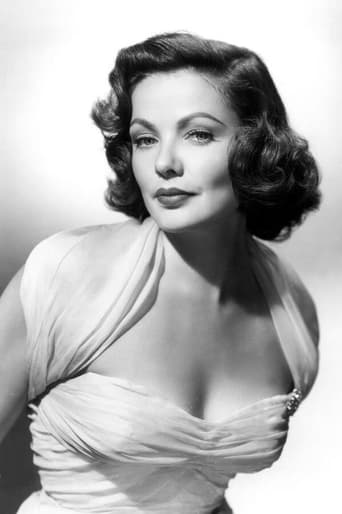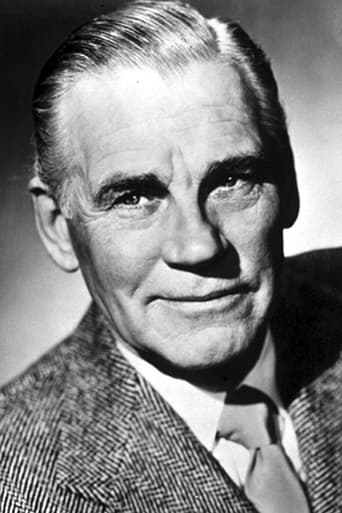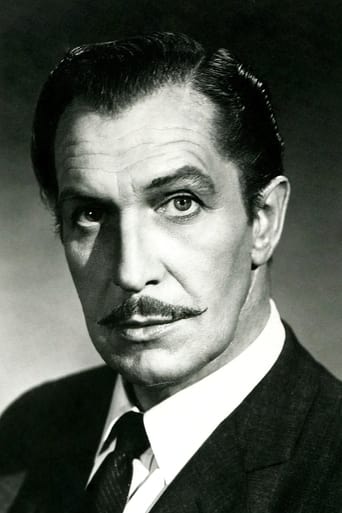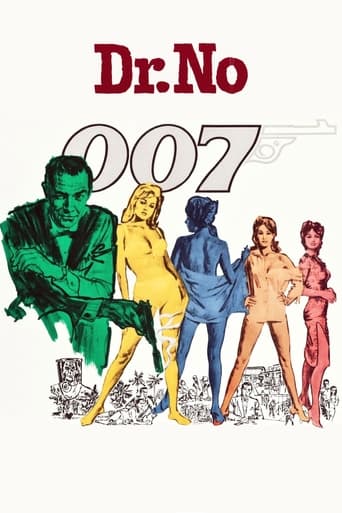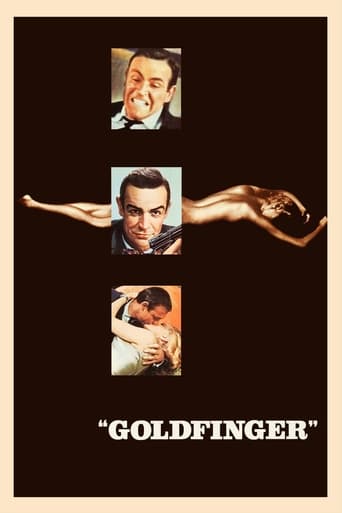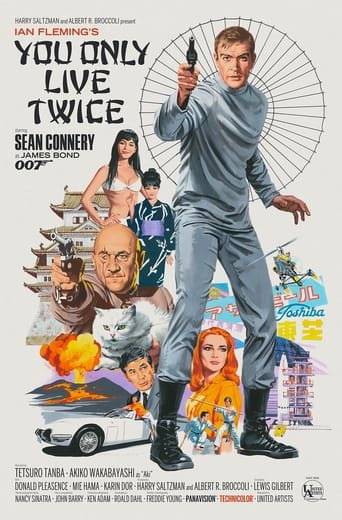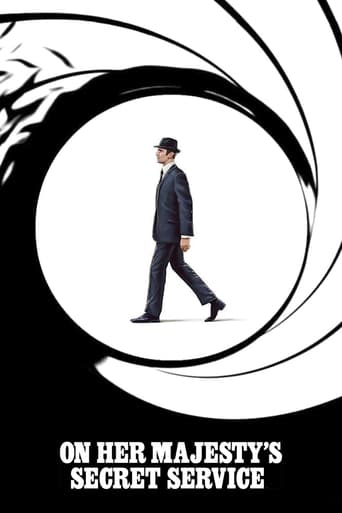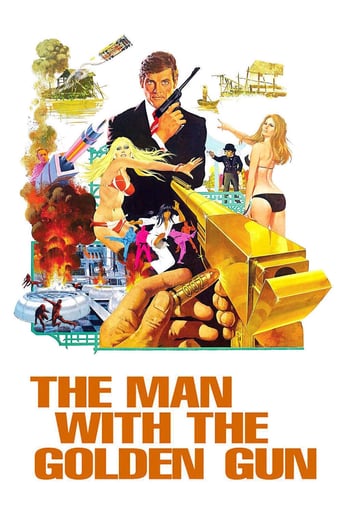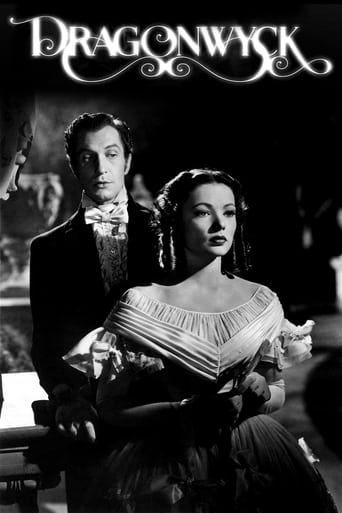
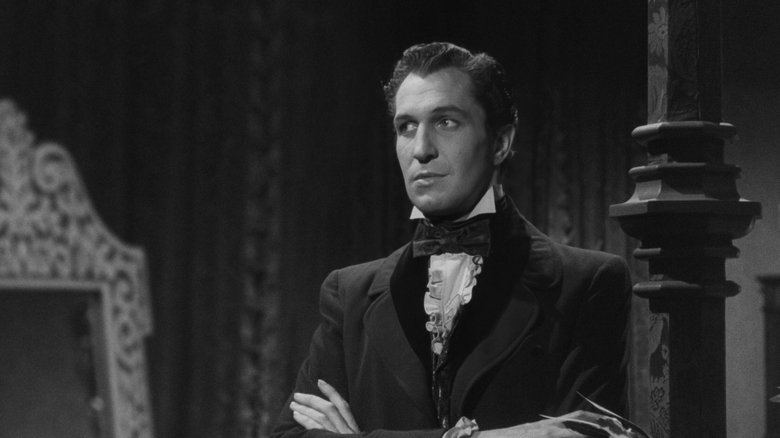
Dragonwyck (1946)
For Miranda Wells, moving to New York to live in Dragonwyck Manor with her rich cousin, Nicholas, seems like a dream. However, the situation gradually becomes nightmarish. She observes Nicholas' troubled relationship with his tenant farmers, as well as with his daughter, to whom Miranda serves as governess. Her relationship with Nicholas intensifies after his wife dies, but his mental imbalance threatens any hope of happiness.
Watch Trailer
Cast


Similar titles
Reviews
I've always enjoyed performances by Vincent Price, Gene Tierney and Walter Houston. The movie seemed to be moving along quite well, creating some mystery and lots of suspense. The daughter of the patroon (Vincent Price) seemed to have a few hidden issues, thinking her parents not loving her and in turn, she not able to love them. The new governess, upon her arrival starts to notice strange behavior for ALL the residents of Dragonwyck, consequently being warned by the servant of the house (Spring Byington). Upon the arrival of Jessica Tandy, the crippled lady-in-waiting for the new governess and bride of the patroon, we find out his distaste for deficiencies in humans. In this case a crippled female. This is immediately noticed by Gene Tierney. As she tries in-vain to deal with her husband, she becomes pregnant with his son. The son is born with heart problems, eventually dying soon after birth. The father, Vincent Price, Takes to himself for while. But, as I was enjoying this particular film, I couldn't help but notice the unexplained absence of the patroon's daughter Katrine (Connie Marshall) and that of the role played by Spring Byington. Why is there no seemingly good explanation for these absences? Still, all-in-all, it was entertaining.
Stunning Gene Tierney, daughter of a down-to-earth Connecticut farmer who is a God-fearing son of the soil, is invited to stay for an extended visit with a terribly rich distant relative whom no one in the family has never met. He turns out to be Vincent Price, practicing for his later Edgar Allan Poe movies, his features emblazoned with "marks of weariness, marks of woe". He's a patroon in the Catskills and has a hundred sharecroppers working his vast estate. He's married to a mindless wife who soon dies mysteriously. This makes him available as a husband and, his being filthy rich and having a dozen servants and chilled out-of-season canolli and whatnot, Tierney falls in love with him. They marry. It develops -- well, all sorts of things develop -- and Price expires and Tierney goes back to the humble farm she's always called home.I found it all pretty dull going. The chief problem is not with the acting or the direction. That's professional enough for most of the cast. Price is tall, sinister, with a ramrod for a spine and the face of a horse. And the magnificent cinematography is by Arthur Miller who, along with Joe August, Gregg Toland, and one or two others, was an absolute genius with black and white.No, the problem is that Anya Seaton, who wrote the original novel, seems to have gorged herself on every other novel ever written about a young woman from a stern background who finds herself living in an old, dark mansion that guards some sort of secret. It's almost a pastiche, a shotgun approach. There are especially strong hints of "Rebecca" and "Jane Eyre" although none of them lead anywhere. There is, just for instance, a dark tower in which Price spends much of his time alone. No one is allowed in the chamber. And when Tierney finally discovers the secret, it's not an insane wife but something far more ordinary and tawdry, and it has no place in the narrative. The writers missed one cliché though. Tierney rides off alone in her carriage, leaving Dragonwyck and a mooning young doctor behind. The mansion is intact, whereas it should have been nothing more than a charred ruin.It's clumsily written too. Characters come and go, and events take place, with no explanation. When Tierney first arrives at Dragonwyck, the only person who seems entirely candid with her is Spring Byington as the somewhat dotty old maid. She disappears like King Lear's fool half-way through. Jessica Tandy, in an early role as an Irish maid, is "a loathsome cripple" who plays an important part in the story and yet is not there for her friend Tierney's departure. Somewhere along the line the resentful sharecroppers are given some kind of lease to buy by the governor of New York, but any important consequence was lost in the editing. Price and Dragonwyck may be poorer for the collapse of the patroon system but neither of them show it. A few cobwebs would have helped, or a rotting cake and dusty drapes. Where is Miss Haversham when you need her?The young doctor is Glen Langan, who has the mellifluous voice of an announcer on an FM radio station that plays nothing but Debussy, and the features of a mannequin in an upscale department store window. Doctors tend to be of two types in movies like this. They are either young, poor, modest country doctors, or they're mad scientists. Langan occupies the first set, except that, contrary to expectations, he may fall for Tierney (who wouldn't?) but she has no interest in him as a lover.Others might enjoy it more than I did. I liked "Rebecca" and the various versions of "Jane Eyre" but this was a long, slow slog. Good luck.
Have just seen "Dragonwyck" after it had been released 66 years ago, and I found it to be absorbing, brilliantly acted and photographed. Gene Tierney stars as the simple farm girl who is elevated to Lady of the Manor for reasons that she did not comprehend, Vincent Price was superb as the master of Dragonwyck, while those two wonderful people, Walter Huston and Anne Revere, as usual, brilliant. The story by Anya Seton is well-handled, but that is where the frustration comes in-too many people in key roles just disappear from the film without any explanation, e.g. the Master's Daughter, The Housekeeper, the crippled maid,etc. It certainly gives the distinct impression that quite a bit of cutting has been done prior to release, as their part in the story was integral to the plot.
Stars rarely arrive fully formed, even ones as uniquely iconic as Vincent Price. Price floated around Hollywood for almost a decade in various supporting roles, some of them quite prestigious. The trouble was, no-one had yet figured out where he really belonged.Dragonwyck changed all that. "Where" is an appropriate term, because a persona like Price's not only needs the right kind of character but the right kind of world to exist in. There was no shortage of creepy villains on Price's resume up to this point, but he was yet to find himself in the land of Grand Guignol where he would ever after be at home. Fortunately this Gothic melodrama lays on the Grand Guignol as thickly as the darkness in a crypt, from the gloom-laden cinematography of Arthur Miller to the constant brooding presence of Alfred Newman's score. The acting is appropriately intense without being overly hammy, with Anne Revere at her most aloof, Spring Byington uncharacteristically sinister and Gene Tierney white-faced and innocent. And in the centre of them all we have the surrealism of Price as some relic of feudalism in nineteenth-century America, rolling his eyes in mania and curling his voice menacing round the script.This was the earliest directorial assignment for Joseph L. Mankiewicz, who straight-away had an air of professionalism about him, having worked for years as both a writer and producer. Mankiewicz's focus on background detail, to the extent where sets almost become characters in themselves, is already strong in his technique, and helps to bring atmosphere to the piece. A nice set up is in the opening scene, where the beams of the farmhouse emphasise the smallness of the space, and create a kind of tunnel effect towards the open door at the back of the set. But Mankiewicz has yet to grasp the clever subtlety that would later gain him Oscars, for example clunkily dollying in on the ancestor's portrait several times.It's a pity because, for all its stylish atmospherics, Dragonwyck is a shallow and predictable little melodrama. It is not helped by a languid screenplay, a lack of dramatic highpoints, not to mention the insufferably boring acting of Glenn Langan. And yet it does something for Price. When you hear him ranting and raving with madness and addiction, or see him ascend to the patroon's chair to dispense justice, you know a true horror icon has arrived.


